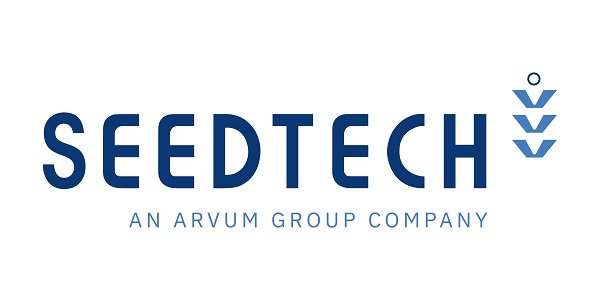Benefits of Beans on Tillage Farms
The Irish Protein Stakeholders Group have produced and published a strategic plan to support the growing of native protein crops. The target set out by the Teagasc convened group is to support farmers to produce 130,000 tonnes of indigenous protein crops from 20,000 hectares in Ireland by 2030.
Field Beans are an excellent break-crop, as it is an N-fixing legume, which benefits the next cereal crop in rotations.
Improving the pulse of farm rotations
There’s plenty to suggest, given the ever-brighter spotlights on food production and the environment, that the prospects for pulse crops such as beans and peas are encouraging.
Given that background, there are several questions that merit answers to ensure growers make the most of the opportunities on the horizon.
Why are pulses increasingly important to arable farming?
What does the future hold for pulses?
How is the pulse market developing?
What is involved in breeding a new pulse variety and what are the challenges?
Read the full article in CPM here
Bean trials in Ireland
Seedtech has been involved in beans since the 1970s when they brought the first modern varieties to Ireland.
Since then, Seedtech has been trialling bean varieties on their research farm at Faithlegg, Waterford, looking at variety development to achieve yield stability through better drought tolerance, disease resistance, and selection for desirable traits for premium markets.
Tim O’Donovan, Technical Director, Seedtech said that their research is focused on delivering varieties with a consistent yield at farm level - not too easy considering LYNX yielded 8.8 t/ha across the 5 DAFM trial sites in 2021!
Lynx is the leading bean variety, topping the DAFM trials since 2017 and is grown in 4 out of 5 bean fields in Ireland.
Research continues to quantify the positive effects of incorporating beans into long-term crop rotations in terms of nitrogen reduction in succeeding crop, soil fertility, and yield improvement across the rotation and lower pest pressure.
Seedtech has introduced novel genetics in recent years like Victus, a low vicine convicine bean variety and Taifun, a zero-tannin variety. These specialist varieties offer the end-user better utilisation of beans in animal diets and human diets.
Seedtech also supported Teagasc Feed Research of faba beans as part of our participation in the EU funded project Legumes Translated.eu .
The key finding from this trial was that beans could fully replace soya in finishing pig diets.
Other work with Adesco looking at commercial feeding of pigs found that the inclusion of faba beans would half the carbon footprint in the pig diet.
To learn more about protein crops, including beans, peas, lupins, and arable silage, email todonovan@seedtech.ie or visit here for more information.



